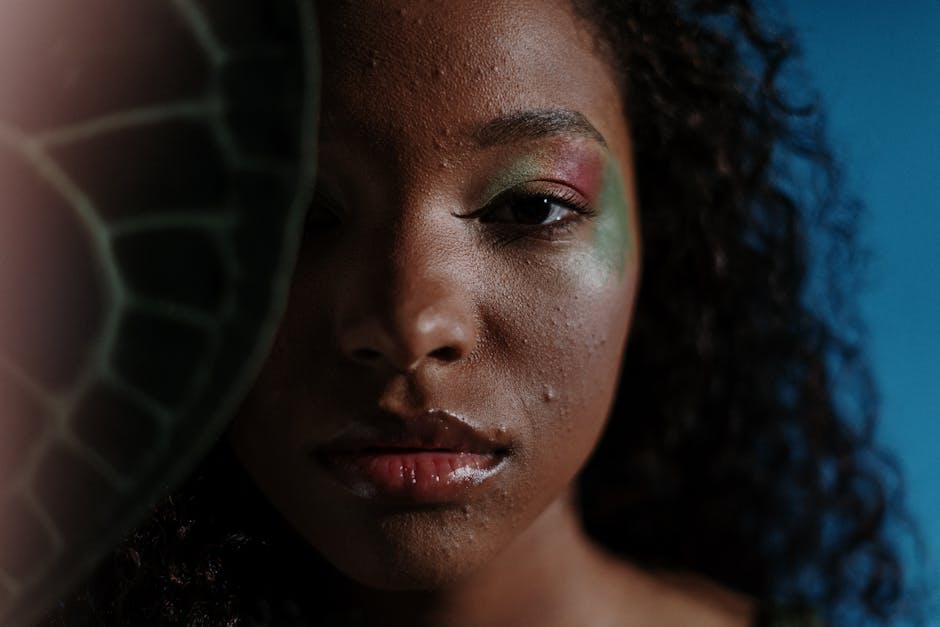Acne vulgaris, commonly known as acne, is a chronic skin condition that affects millions of people worldwide. It is characterized by the formation of pimples, blackheads, and whiteheads on the face, back, chest, and shoulders. While acne is not a life-threatening condition, it can significantly impact one's self-esteem and quality of life. This comprehensive guide will explore the causes of acne, its various types, and proven strategies for achieving clear, healthy skin.
**Causes of Acne**
Acne is primarily caused by the overproduction of sebum, a natural oil that helps keep the skin moisturized. When sebum accumulates in hair follicles along with dead skin cells, it can clog the pores. Bacteria present on the skin, known as Propionibacterium acnes (P. acnes), thrive in this clogged environment, leading to inflammation and the formation of pimples.
**Types of Acne**
There are several types of acne, each with its distinct characteristics:
* **Comedonal acne:** This is the mildest form of acne and involves the formation of blackheads (open comedones) and whiteheads (closed comedones).
* **Inflammatory acne:** This type of acne is more severe and involves the development of red, swollen, and painful pimples.
* **Nodular acne:** These are large, deep pimples that can be painful to the touch.
* **Cystic acne:** This is the most severe form of acne, characterized by large, pus-filled cysts that can leave scars.
**Effective Acne Treatments**
Fortunately, there are numerous effective treatments available to combat acne. The best approach depends on the severity and type of acne.
* **Topical treatments:** These are applied directly to the skin and include over-the-counter products containing benzoyl peroxide, salicylic acid, or retinoids. Prescription topical medications may also be necessary for more severe cases.
* **Oral medications:** These include antibiotics (such as erythromycin or doxycycline) to combat bacterial infection, and isotretinoin (Accutane) for severe cystic acne.
* **Hormonal treatments:** For women with hormonal imbalances contributing to acne, birth control pills or other hormone therapies may be prescribed.
* **Lifestyle modifications:** Certain lifestyle changes, such as maintaining a healthy diet, managing stress, and getting adequate sleep, can help improve skin health and reduce acne breakouts.
**Preventing Acne**
While there is no guaranteed way to prevent acne, adopting certain practices can minimize the risk of breakouts:
* Wash your face twice a day with a gentle cleanser.
* Use oil-free, non-comedogenic skincare products.
* Avoid touching your face, as bacteria from your hands can transfer to the skin.
* Change your bed sheets regularly to prevent the accumulation of bacteria.
* Manage stress levels through exercise, yoga, or meditation.
* Consult with a dermatologist regularly for personalized advice and treatment recommendations.
**Conclusion**
Acne can be a challenging skin condition, but with the right treatment and lifestyle modifications, it is possible to achieve clear, healthy skin. By understanding the causes of acne, its different types, and the available treatment options, you can effectively manage your acne and restore your skin's natural radiance. Remember to be patient and persistent with your treatment plan, and do not hesitate to seek professional guidance from a dermatologist for personalized advice and support.

